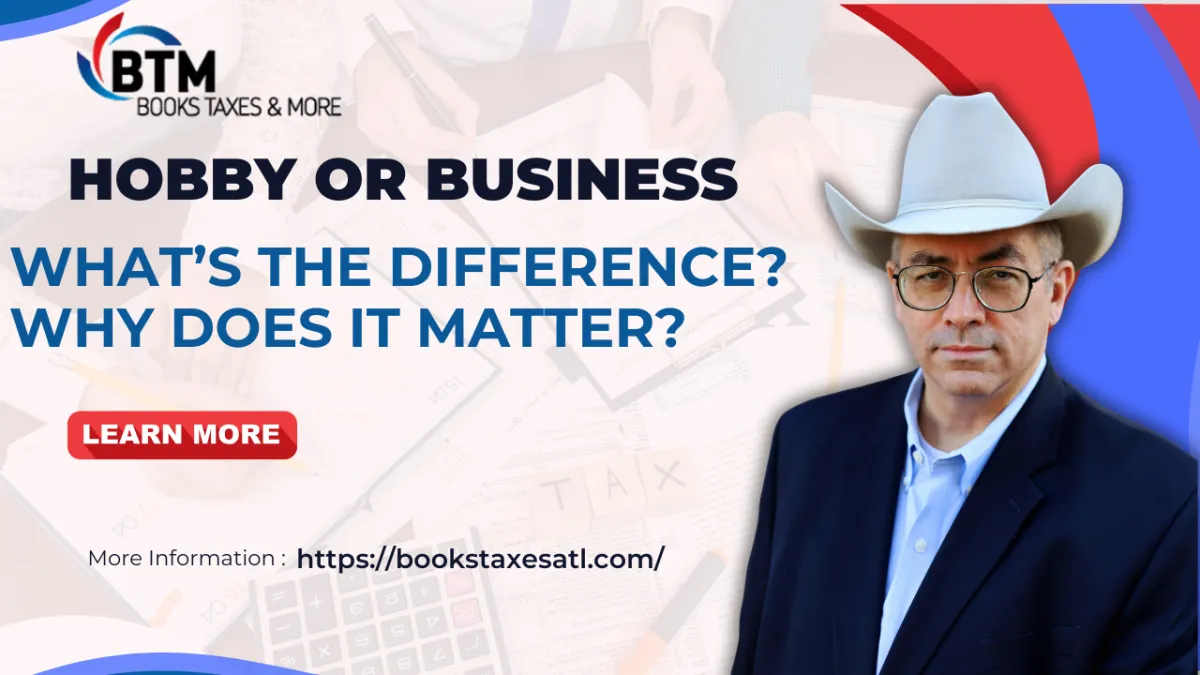Hobby or Business, What’s the Difference and Why Does it Matter?
- Businesses can deduct most expenses even if they show a loss, unlike hobbies that cannot lose more than their gross income. - The IRS defines a business by its profit motive; hobbies lack this motivation. - Nine subjective factors determine if an activity is a business, including record-keeping, effort to profit, dependence on income, handling losses, adaptability, skills, past profit track record, profitability over time, and potential asset appreciation. - Passing more of these tests strengthens the case for business status, with profitability being the most critical factor. - Misclassifying a business as a hobby risks IRS audits, disallowed deductions, penalties, and interest, potentially for prior years. - Taxpayers should assess their motivation to make a profit and willingness to invest time and effort in the activity. - If profits aren’t growing despite motivation, consulting a qualified small business accountant is essential. - Professional accountants help isolate expenses and evaluate profitability, supporting better business decisions. - The key advice: focus on what you do well and delegate other tasks to experts.

